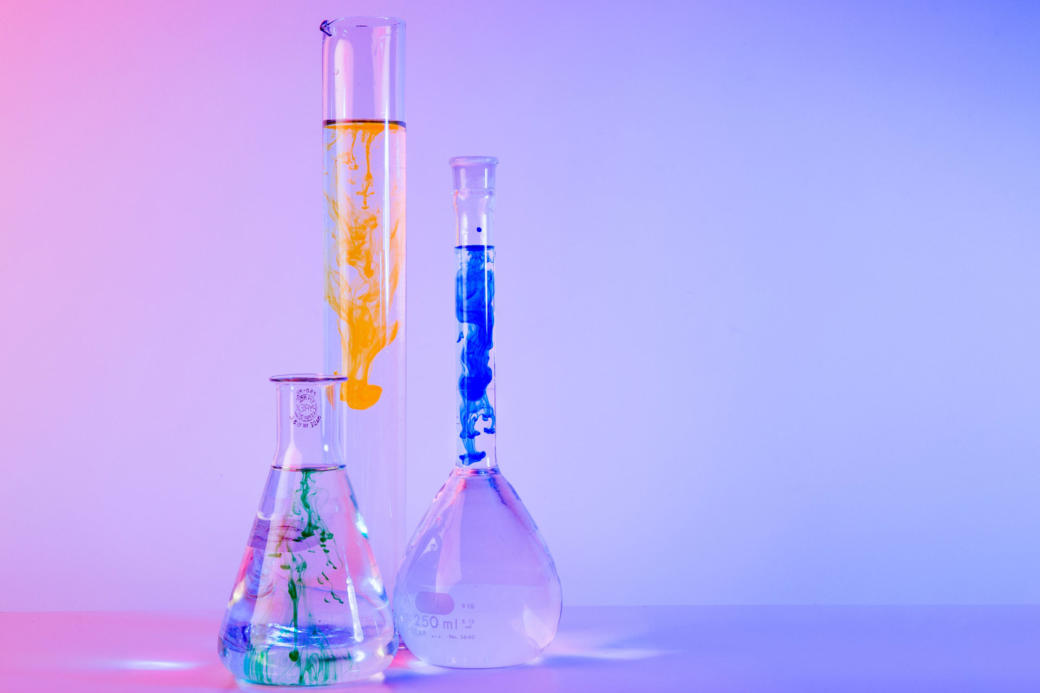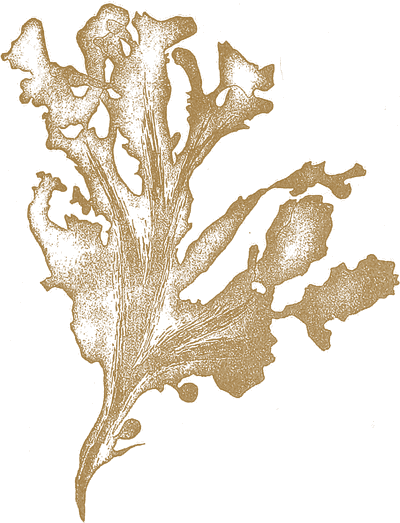
One of CEVA’s ambitions is to position algae as a credible complementary resource to agricultural food raw materials, such as starch or oils, thereby contributing to more sustainable chemistry and biobased industries.
Although the current cost of raw materials still limits their use in low added-value applications such as biofuels, the work carried out in this area has enabled large-scale cultivation of algae to progress and processes and specific enzymes to be developed for their treatment. These advances are now finding applications in sectors with higher added value, where biobased products derived from algae are more effectively used.
Usually in collaboration with industrial players, CEVA is pursuing its research in a number of areas, including biobased materials, surfactants and paints. The approach adopted covers the entire value chain, from harvesting and cultivation of algae to processing, in order to build a sustainable and economically viable industry, while directing algae production towards compounds of interest.
Projects linked to the bioeconomy systematically include a life-cycle analysis to identify the stages with high environmental impact, such as energy consumption during cultivation or enzyme production, and to prioritize optimisation efforts. CEVA is also involved in European projects on algae biorefineries, with the aim of moving from processes centred on a single product to schemes that valorize several algae fractions.
Finally, waste and effluents from the algae industry, as well as algae used for bioremediation, represent new sources of lower-cost raw materials, opening the way to new industrial applications.

